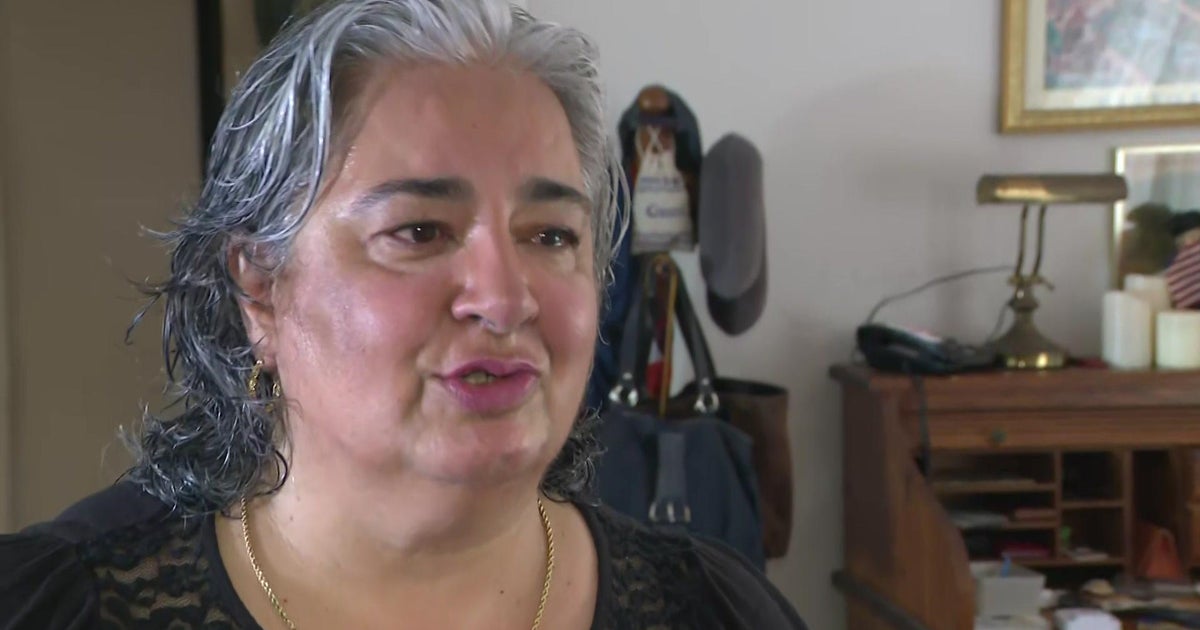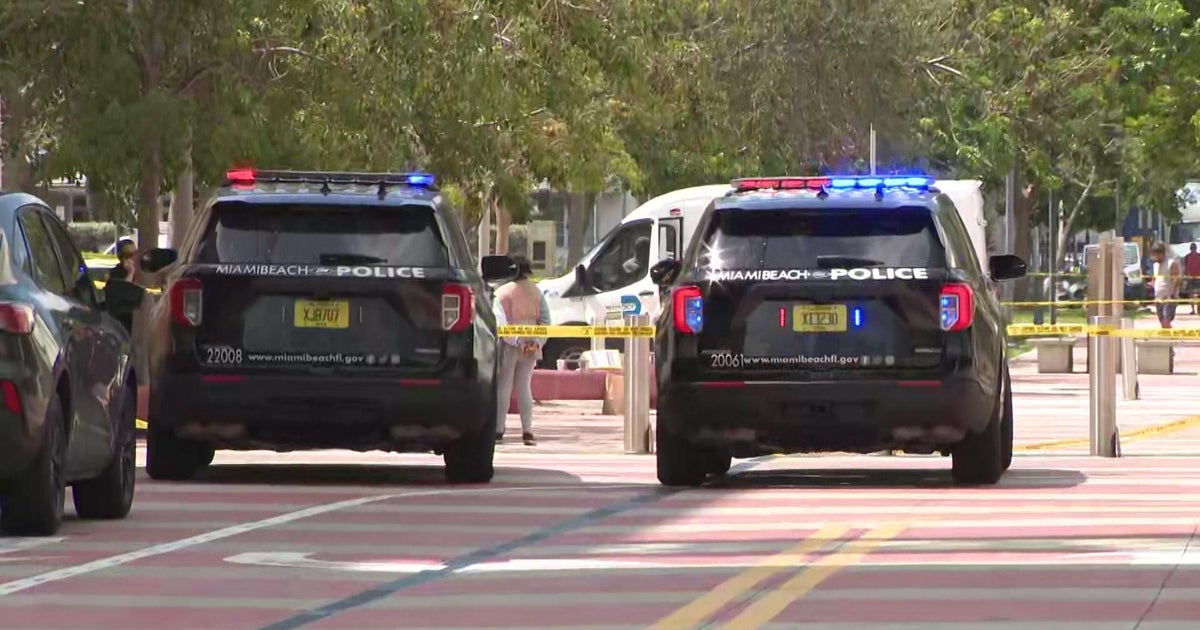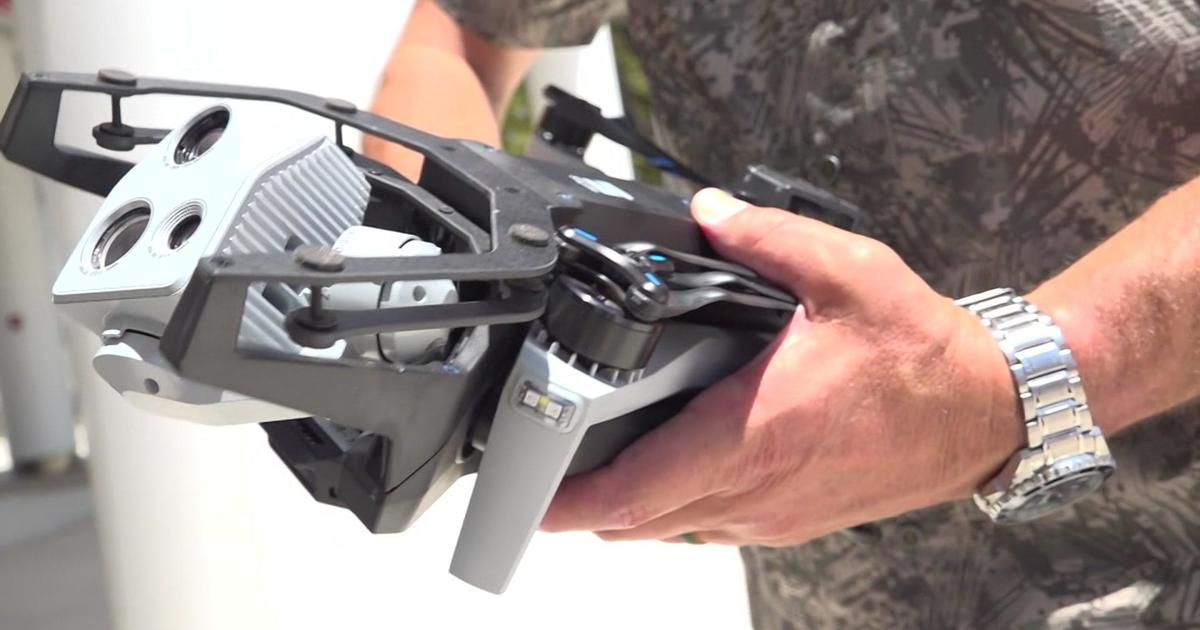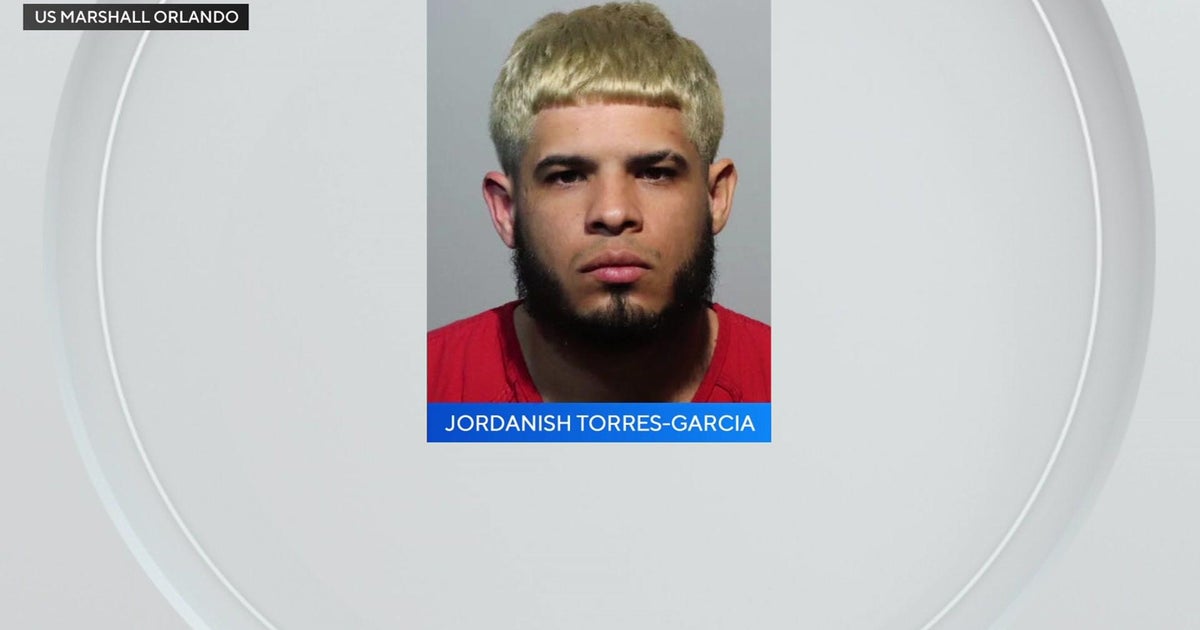State Portrays Geralyn Graham As Habitual Liar
MIAMI (CBSMiami) – Testimony in the case against Geralyn Graham Tuesday centered on the numerous stories she told to people who raised questions about Rilya Wilson's whereabouts.
It included a daycare administrator who testified that Geralyn Graham told her Wilson had been taken away by an unknown Department of Children and Families (DCF) worker ; a Miami-Dade police detective who testified that Graham had told him Rilya was taken by an unknown African-American woman with an accent who claimed to work for DCF; and a former Miami-Dade police interrogator who said she told him the child was with an agent for the Department of Human Services.
Graham also told Mary Rosado, an administrator at Small Fry Preschools in Northwest Miami-Dade where Rilya Wilson's younger sister had attended, that her father was pictured on the Bahamian dollar.
"I was really surprised," Rosado said. In earlier testimony, a University of Miami law professor said Graham also stated to her that her father was the Bahamian Prime Minister. None of it true.
During day nine of the trial expected to last several weeks, Graham was portrayed by state prosecutors as a habitual liar who had a hard time keeping her stories straight.
After Rilya was discovered missing, a Miami-Dade police detective came to Graham's house. Det. Giancarlo Milito questioned Graham who told him she was related to Rilya Wilson.
"She told me she was her paternal grandmother," Milito told jurors Tuesday afternoon.
In reality, Rilya Wilson was born September 29, 1996, to a drug-addicted mother Gloria Wilson who lost her parental rights shortly after her birth. Graham is not related to the her and was not her legal custodian. Her live-in companion, Pamela Graham, was her official caretaker at the time.
Milito added that Graham displayed no concern when asked about Rilya's disappearance, which led to a national search in April of 2002.
"She showed no distress whatsoever," Milito said.
Milito added that no physical evidence was ever discovered at the scene and that once Rilya's disappearance received national attention there were several suspected sightings of the girl, but those tips led nowhere. He could not verify DCF records of Rilya's history with the agency, suggesting that Rilya may have in fact been taken away by an agency.
William T. Clifford, a former Miami-Dade Police interrogator, who performed the polygraph exam on Graham, said she told him that Rilya had been taken away.
"She did not know who she gave the child to and that she never asked for identification and she did not know when she gave the child to the person, it could have been any time into February of that year," Clifford told jurors. "And when I asked about the condition of the child she told me the it had welts on its legs from where she whipped the child with a switch."
Earlier this week, a state welfare worker also testified that Graham claimed false family ties to the girl and her younger sister in order to qualify for state aid, which continued to flow for over a year after authorities believe Rilya was killed.
Diana Ramirez Romero, a Department of Children and Families employee who handles food stamp benefits, testified that 66-year-old Geralyn Graham said she was the grandmother of Rilya and a younger sister, Rodericka, and that both girls lived with her. Ramirez Romero said that enabled Graham — who used the name Geralyn Smith in their meetings — to get cash assistance and food stamps.
Geralyn Graham faces life in prison if convicted of killing Rilya. The girl disappeared in late 2000 and her body has never been found. Graham insists she is innocent and has claimed an unknown DCF worker took the girl for a mental evaluation and never returned her.
The case shook up Florida's child welfare system, spurring development of a new child tracking system and other key changes in state laws.
An older sister of Rilya's, Brandy Sims, attended trial for the first time Monday. Now 18, Sims said she didn't remember Rilya but felt compelled to come to court on her behalf.
"I just wanted to be here for justice for my sister," said Sims, who was accompanied by her adoptive parents and U.S. Rep. Frederica Wilson, D-Fla. The congresswoman is not related to Rilya but has been deeply involved in the case and sponsored child welfare reform laws while in the state Legislature.
Brandy was only six when her sister disappeared.
"I really wish I had the chance to meet her but unfortunately I won't have that chance," she said. "I remember as a little girl seeing her on the television and seeing that she had the same last name as me," said Sims. Sim's adoptive parents said they never hid from her who she was but they did keep her from publicly acknowledging it until recently.
Testimony presented up until now has painted a picture of an abusive home in which Graham is accused of locking Rilya in a cage and even calling her the devil.
Jailhouse snitches Robin Lunceford and Pamela Graham are expected to testify later in the coming weeks. Lunceford is expected to testify that Graham told her she killed Rilya because the little girl was evil.
Pamela Graham is expected to testify about the alleged child abuse that went on in the home as per a plea deal with prosecutors that will likely allow her to avoid jail.
Graham is facing first-degree murder, kidnapping and child abuse charges, and faces life in prison if convicted.
(TM and © Copyright 2012 CBS Radio Inc. and its relevant subsidiaries. CBS RADIO and EYE Logo TM and Copyright 2012 CBS Broadcasting Inc. Used under license. All Rights Reserved. This material may not be published, broadcast, rewritten, or redistributed. The Associated Press contributed to this report.)



